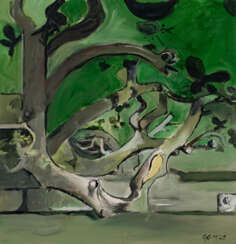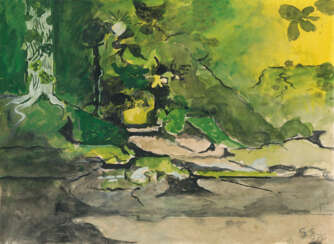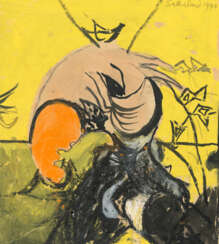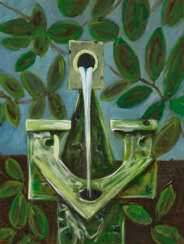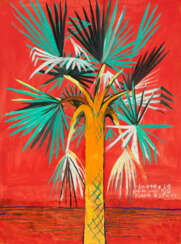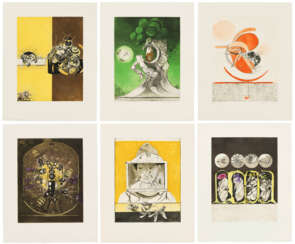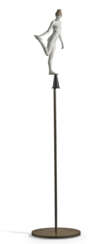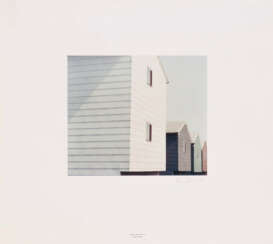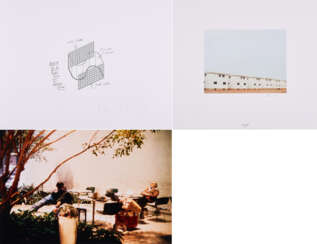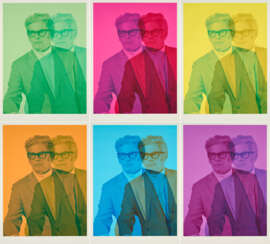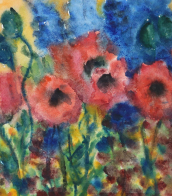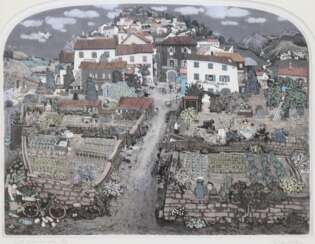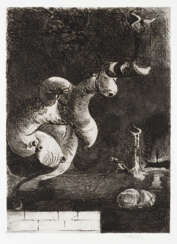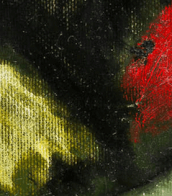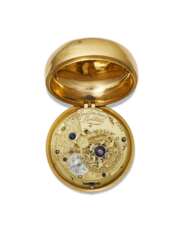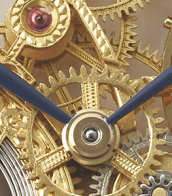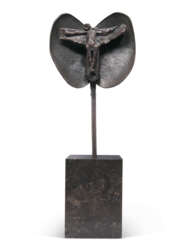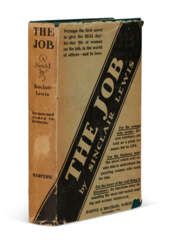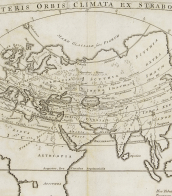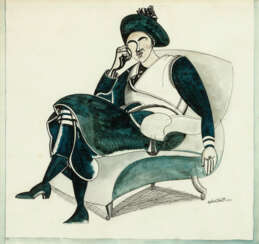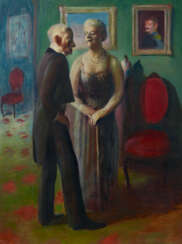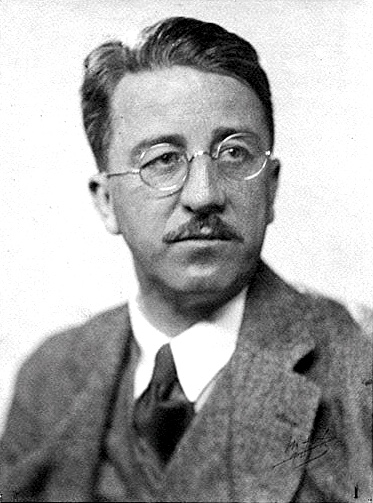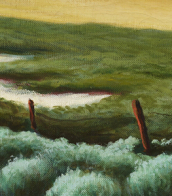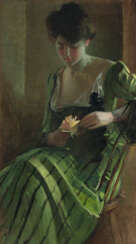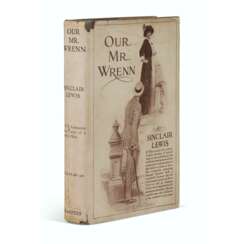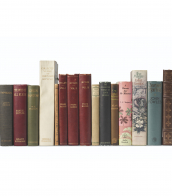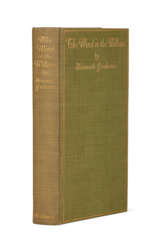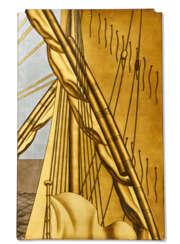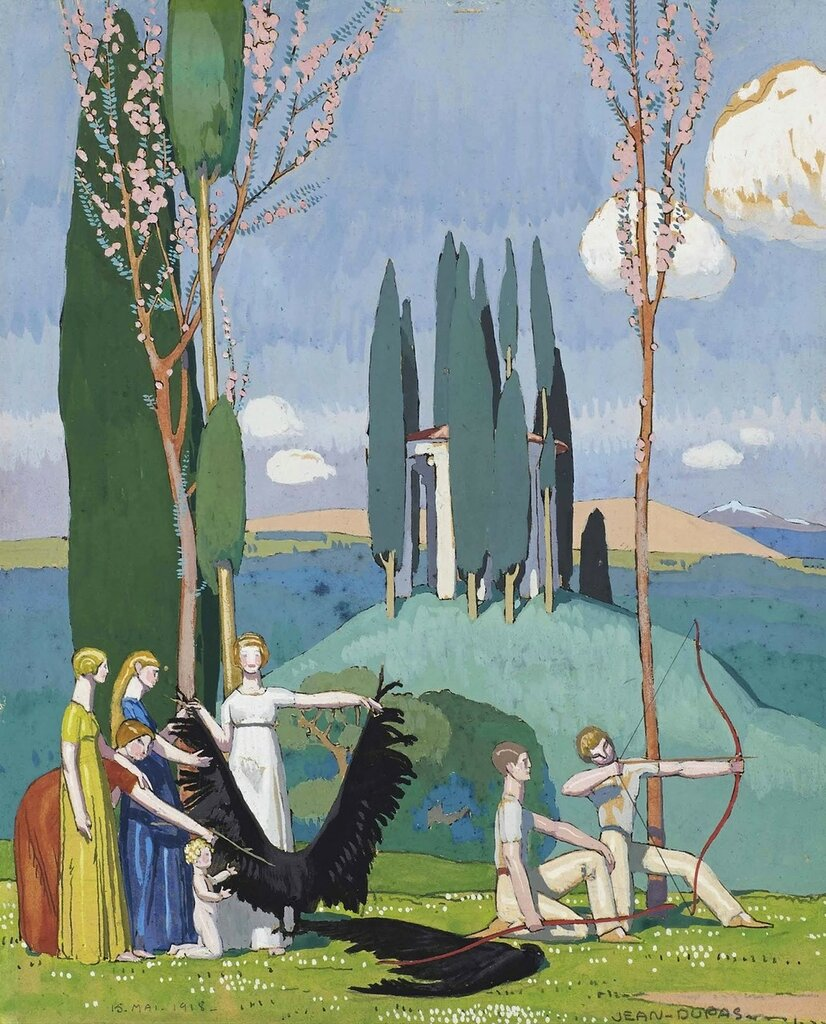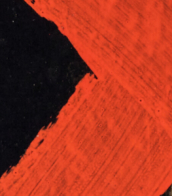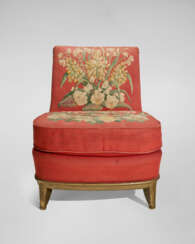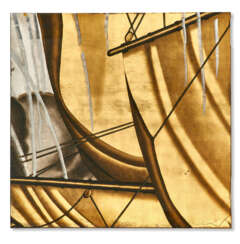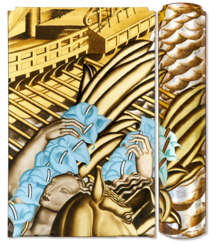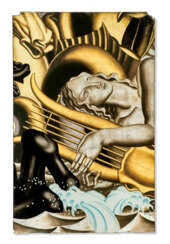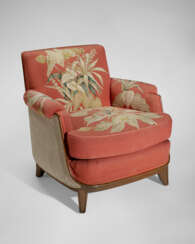graham&
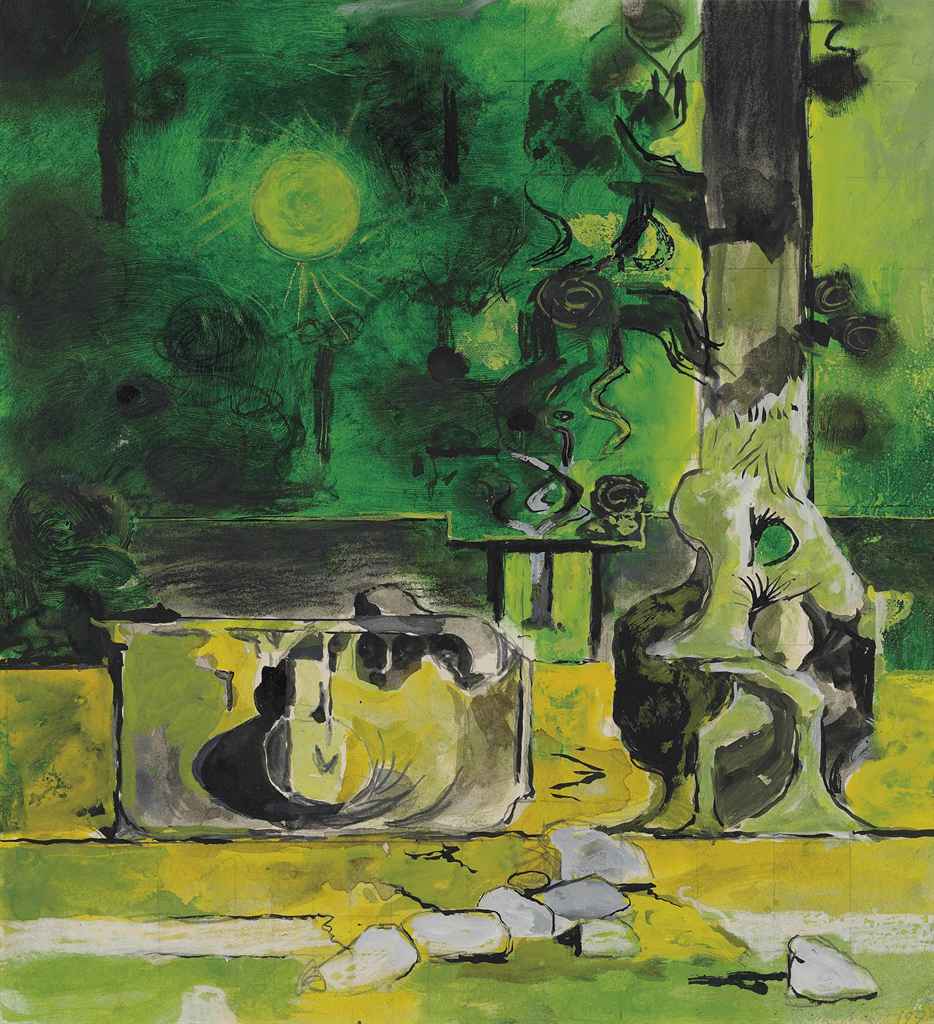
Graham Vivian Sutherland was a prolific English artist. Notable for his paintings of abstract landscapes and for his portraits of public figures, Sutherland also worked in other media, including printmaking, tapestry and glass design.
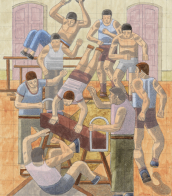

Graham Vivian Sutherland was a prolific English artist. Notable for his paintings of abstract landscapes and for his portraits of public figures, Sutherland also worked in other media, including printmaking, tapestry and glass design.


Graham Vivian Sutherland was a prolific English artist. Notable for his paintings of abstract landscapes and for his portraits of public figures, Sutherland also worked in other media, including printmaking, tapestry and glass design.


Graham Vivian Sutherland was a prolific English artist. Notable for his paintings of abstract landscapes and for his portraits of public figures, Sutherland also worked in other media, including printmaking, tapestry and glass design.


Graham Vivian Sutherland was a prolific English artist. Notable for his paintings of abstract landscapes and for his portraits of public figures, Sutherland also worked in other media, including printmaking, tapestry and glass design.
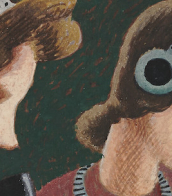

Graham Vivian Sutherland was a prolific English artist. Notable for his paintings of abstract landscapes and for his portraits of public figures, Sutherland also worked in other media, including printmaking, tapestry and glass design.
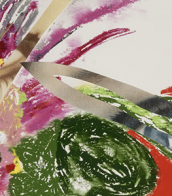
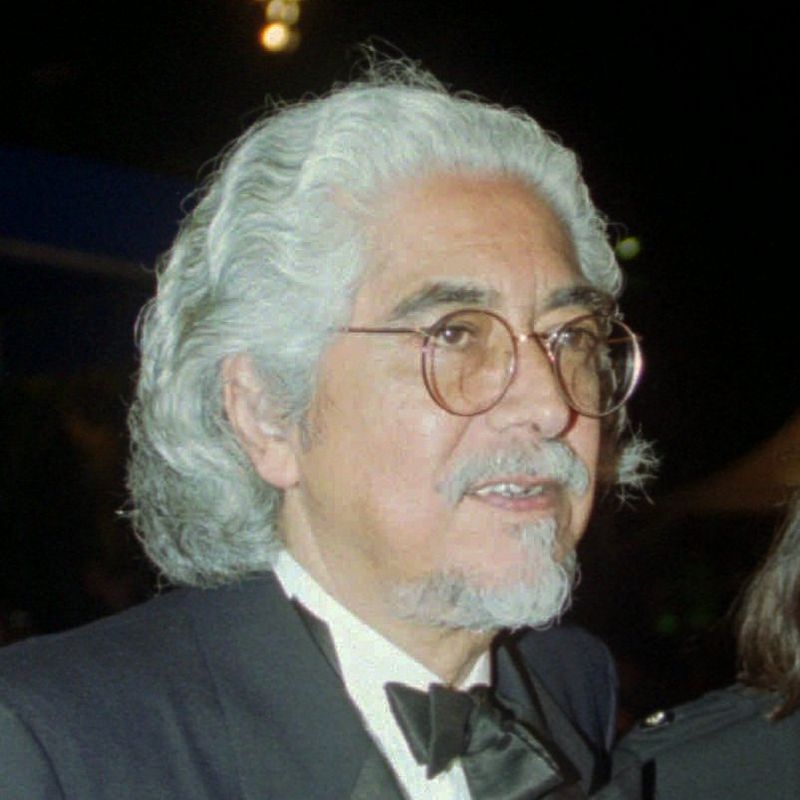
Robert Graham was a Mexican-born American sculptor based in the state of California in the United States. His monumental bronzes commemorate the human figure, and are featured in public places across America.
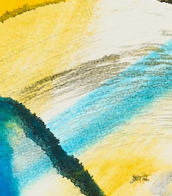
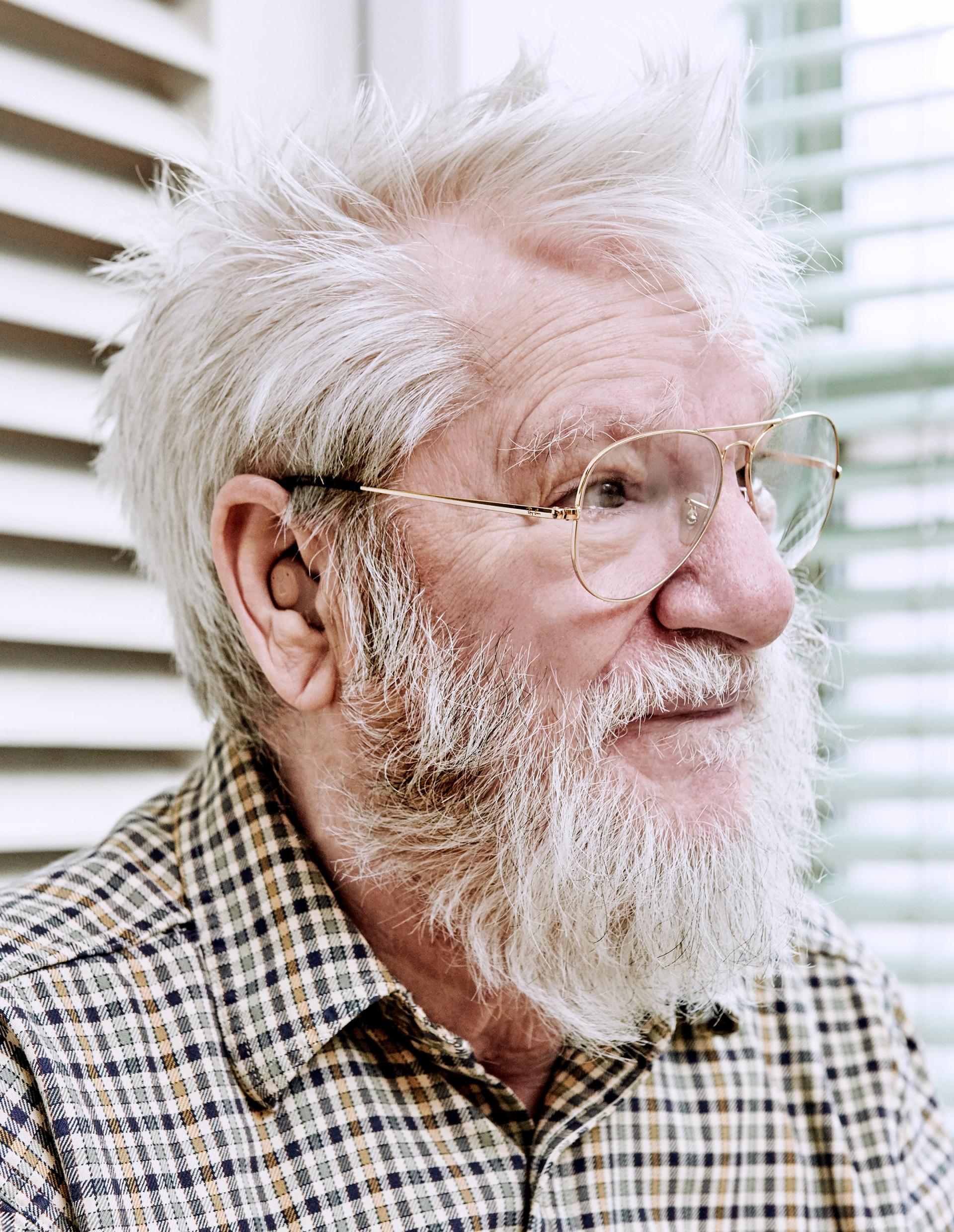
Daniel Graham was an American visual artist, writer, and curator in the writer-artist tradition. In addition to his visual works, he published a large array of critical and speculative writing that spanned the spectrum from heady art theory essays, reviews of rock music, Dwight D. Eisenhower's paintings, and Dean Martin's television show. His early magazine-based art predates, but is often associated with, conceptual art. His later work focused on cultural phenomena by incorporating photography, video, performance art, glass and mirror installation art structures, and closed-circuit television.
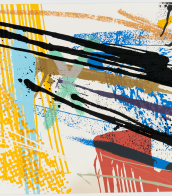

Graham Vivian Sutherland was a prolific English artist. Notable for his paintings of abstract landscapes and for his portraits of public figures, Sutherland also worked in other media, including printmaking, tapestry and glass design.


Daniel Graham was an American visual artist, writer, and curator in the writer-artist tradition. In addition to his visual works, he published a large array of critical and speculative writing that spanned the spectrum from heady art theory essays, reviews of rock music, Dwight D. Eisenhower's paintings, and Dean Martin's television show. His early magazine-based art predates, but is often associated with, conceptual art. His later work focused on cultural phenomena by incorporating photography, video, performance art, glass and mirror installation art structures, and closed-circuit television.
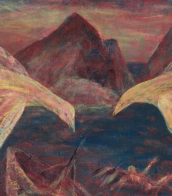
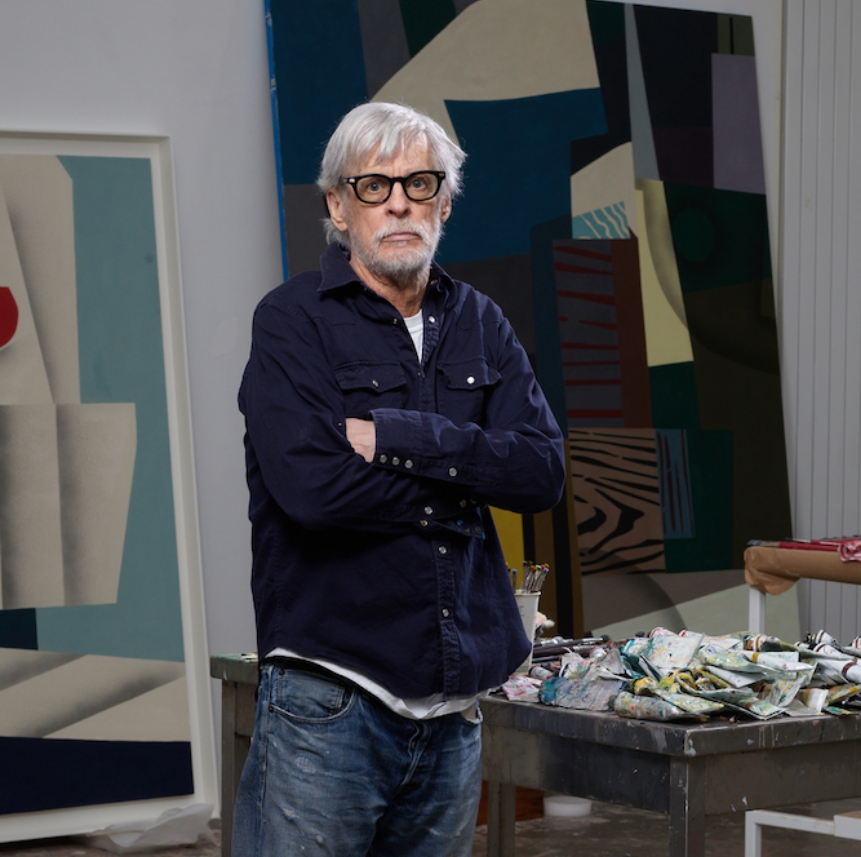
William Rodney Graham was a Canadian visual artist and musician. He was closely associated with the Vancouver School.
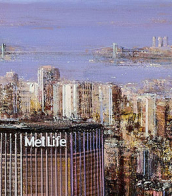
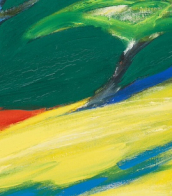
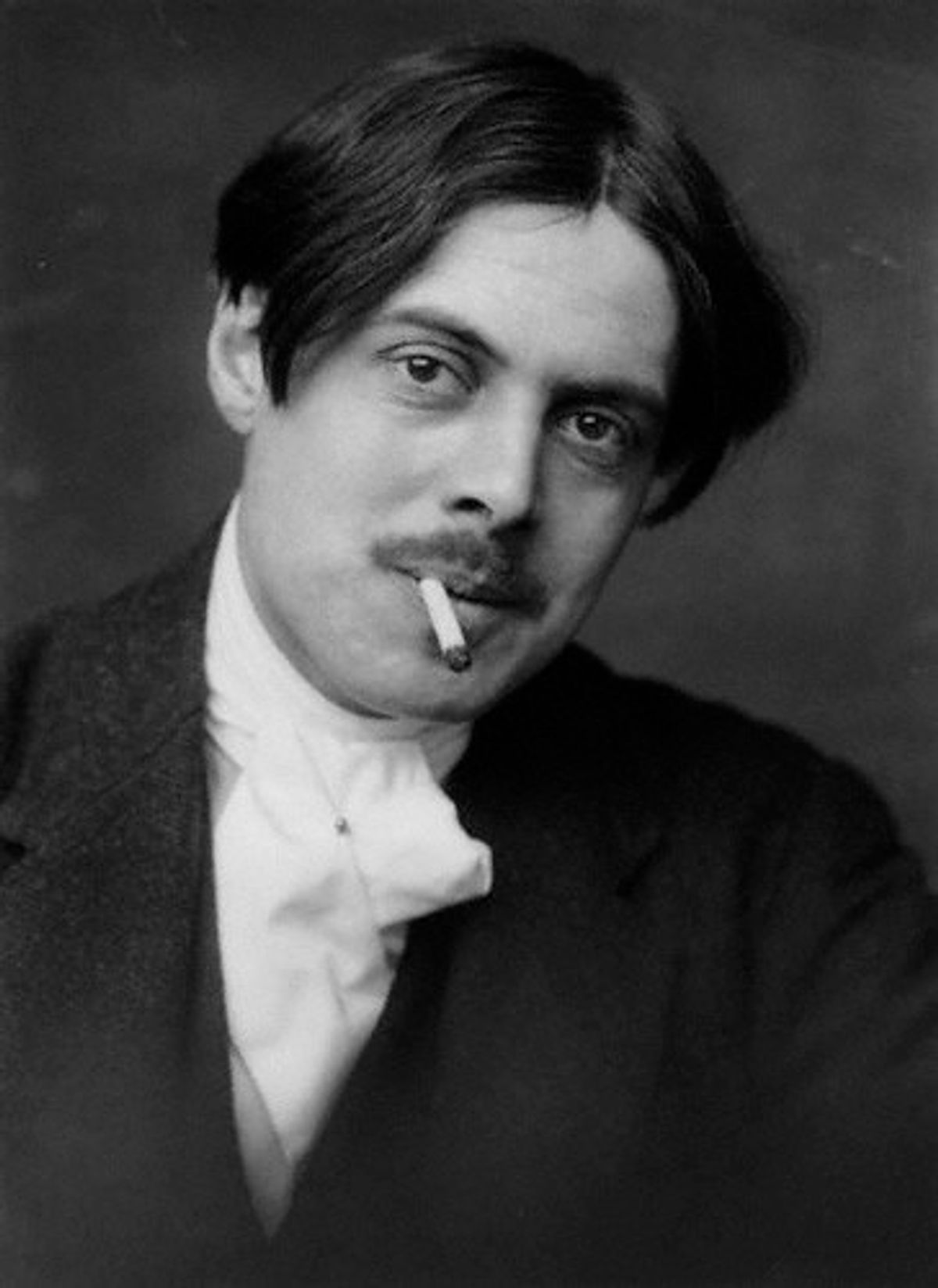

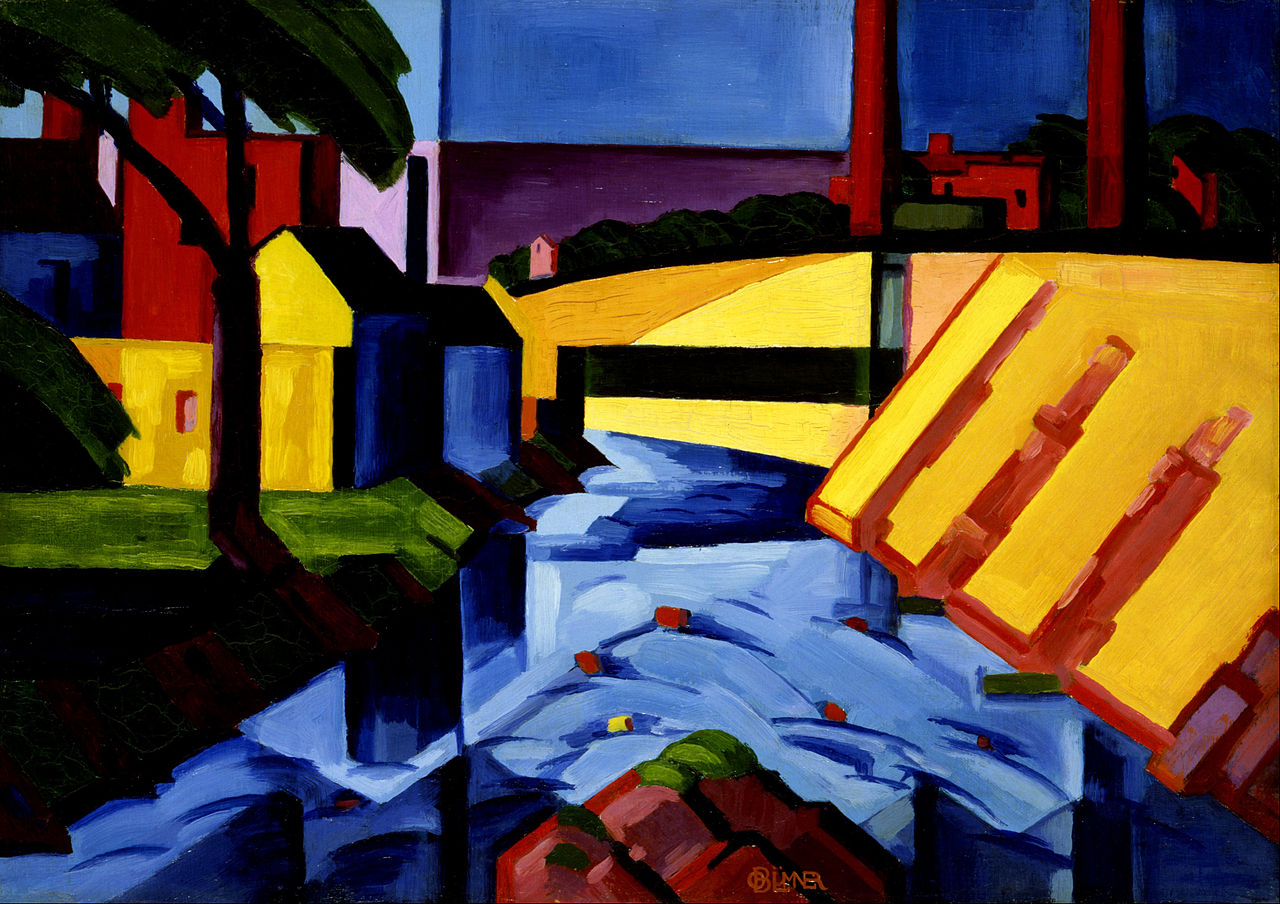
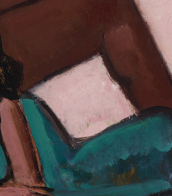
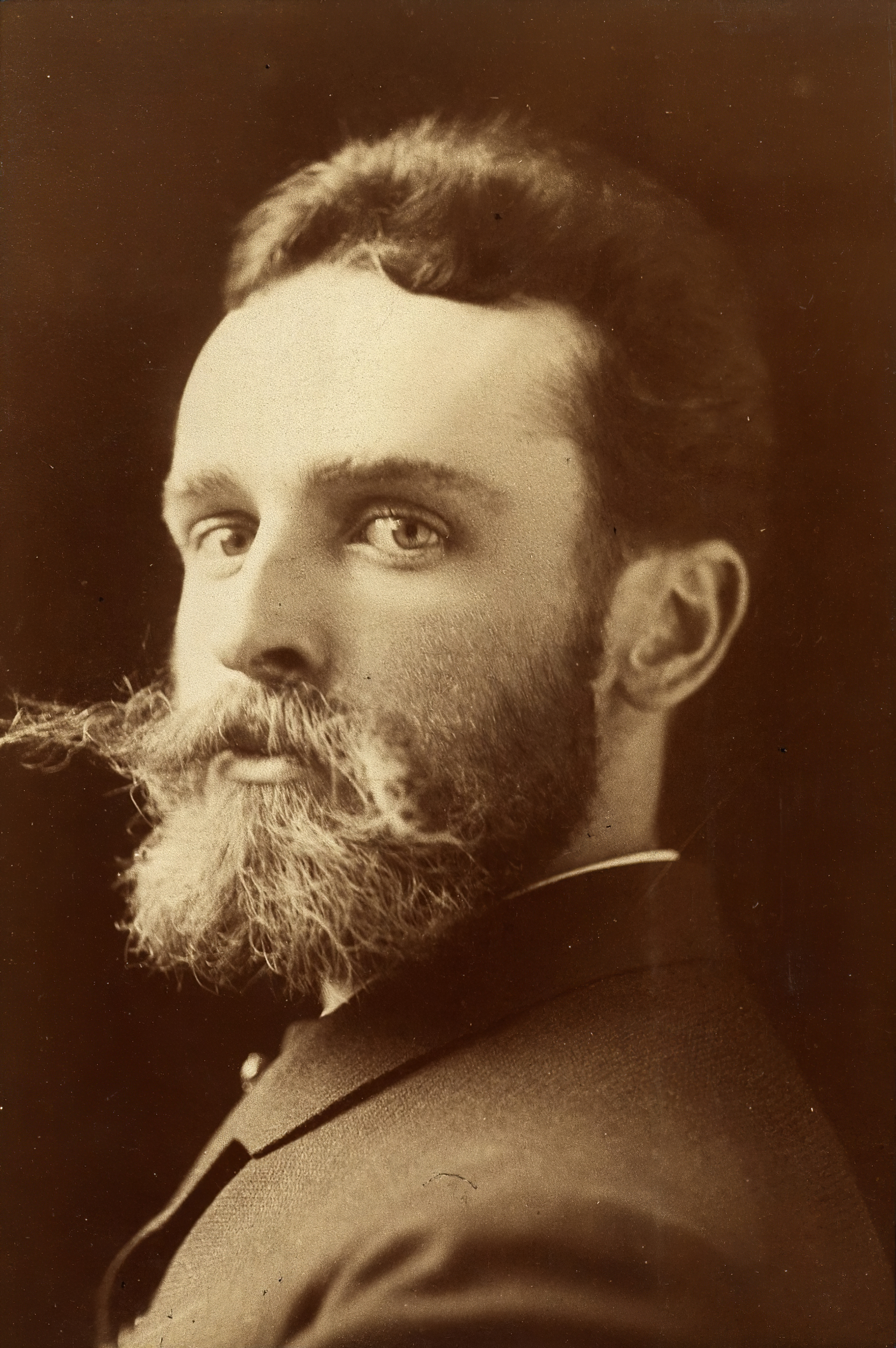
John White Alexander was an American portrait, figure, and decorative painter and illustrator.
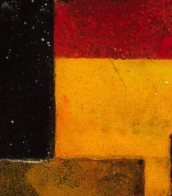

John White Alexander was an American portrait, figure, and decorative painter and illustrator.

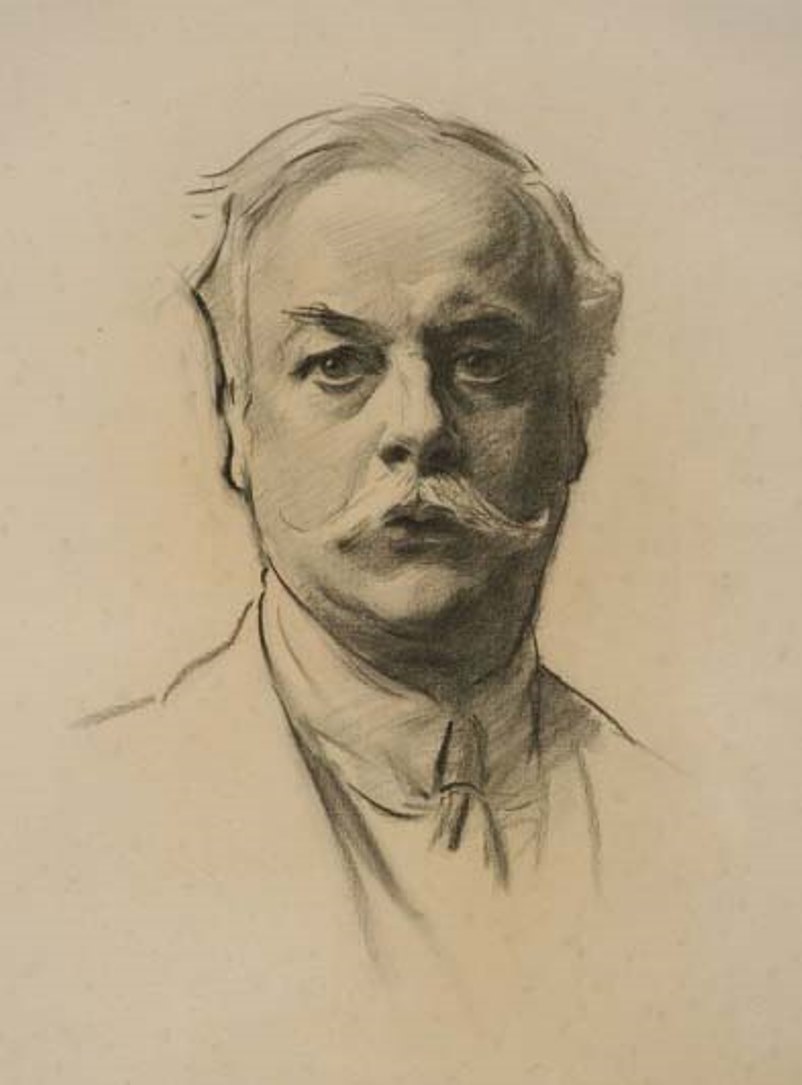
Kenneth Grahame was a Scottish and British writer, a classic of children's literature.
Kenneth was orphaned early and lived with relatives, attending St. Edward's School in Oxford. He then served at the Bank of England and published magazine articles and collections of sketches, short stories and essays - Pagan Notes (1893), The Golden Age (1895) and Dream Days (1898), The Reluctant Dragon.
The Wind in the Willows, the book that made Kenneth Grahame famous, began as bedtime stories for his son and was first published in 1908. It was later illustrated by master illustrator Arthur Rackham. Its characters are the timid Mole, the clever Rat, the Badger and the insanely energetic Toad. They all talk and act like humans and have human vices, but have typical animal behavior at the same time. Both children and adults enjoyed the story. This book, which is now considered one of the most famous works in world children's literature, has been adapted many times for stage, screen and radio.

